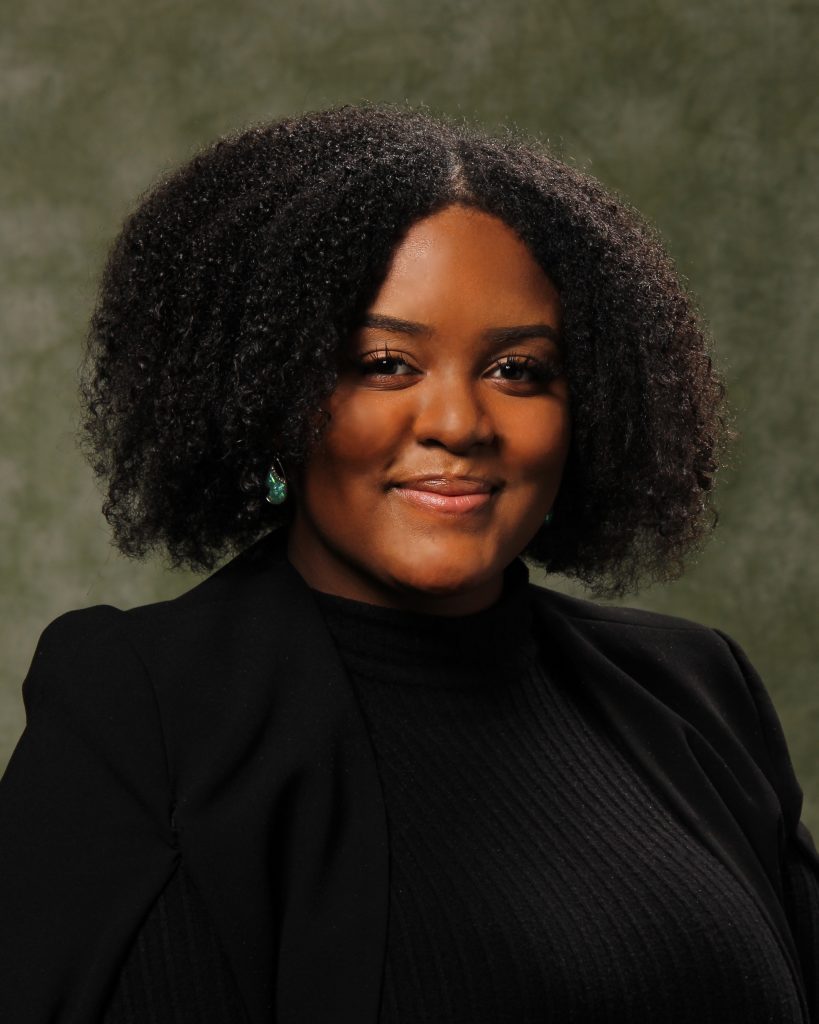Pipe Dream spoke with Elisse Howard, a junior double majoring in psychology and human development. Howard is a member of the Latin American Student Union (LASU) at Binghamton University and aims to use her platform to call attention to the struggles of students of color. This interview had been edited for length and clarity.
Pipe Dream: Tell us a bit about yourself.
Elisse Howard: “I was previously a resident assistant and an orientation advisor. I consider myself to be a very bubbly, outgoing, friendly person. I would like to have my own foster home in the future and start a nonprofit where I have several little foster homes everywhere, and I would like to be a therapist as well.”
PD: What inspired your talk?
EH: “Honestly, what inspired my talk was myself. As someone who is Black and Latinx, there are not a lot of voices that emphasize that they’re intersectional beings. And as someone who is Black and Latinx and a woman and queer in an institution, such as higher education, that has a lot of white supremacy, universities and colleges like these subtly establish white supremacy without realizing it. As someone who looks like me, I wanted to be a voice for other people who are students of color that understand our struggles. There are a lot of social, financial and physical struggles that we go through that people don’t take into account. So I wanted to be a voice. And it’s like a little open letter to my oppressors in academia — but honestly, it’s to white people in academia. Especially white professors who don’t understand the things that students of color have to go through.”
PD: Why did you decide to get involved with TEDxBinghamtonUniversity?
EH: “I decided to get involved because it’s a beautiful way to have a platform and for me to be able to reach other people. We have these discussions during my human development classes, but we never have the opportunity to let the whole University hear what we’re talking about. My director at the Educational Opportunity Program (EOP), Karima [Legette], actually nominated me for it. And I was like, ‘Oh, a TEDx talk, I could do it?’ And so I signed up, got the interview and so I decided to let me be a platform, let me be a voice for all those other people that I go to school with, all those other students of color that don’t have a chance to speak up to the administration, to the professors and even to other white students.”
PD: What do you hope the audience takes away from your talk?
EH: “I just want them to know that me, as a Black Latinx student, that I am here, and other students of color are here. We’re here, we’re here to stay and even though we have many obstacles in front of us, we are going to continue to be successful beings in higher education. I want the white students, white professors, the white administration and faculty to understand that this is not a direct attack against them, but it’s for them to have self-reflection about what role they play in the systematic racism that we go through. It’s just to think about what I said, to hear me, listen and know that I’m here, and I’m alive and that people that look like me and have different intersectional identities like me will continue to be here.”



